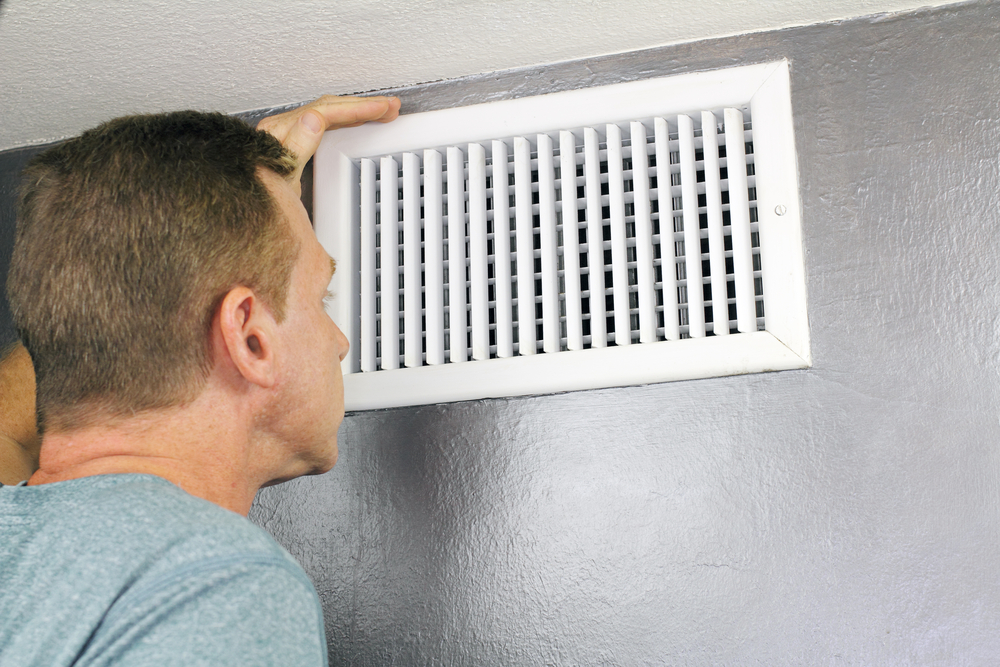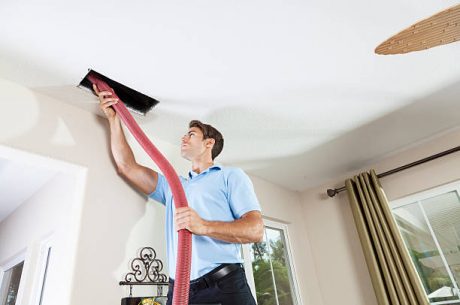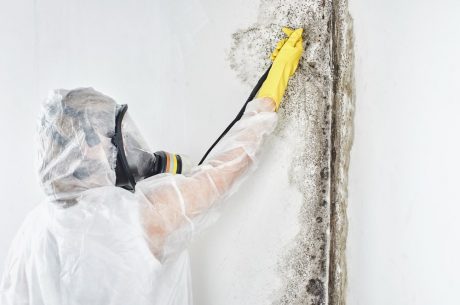Table of Contents
When we think of air pollution, we often think of the smog and haze that hangs over large cities. However, air pollution isn’t just an outdoor problem. The air inside our homes and workplaces can also be polluted, and it can have a serious impact on our health.
In fact, according to the Environmental Protection Agency (EPA), indoor air can be two to five times more polluted than outdoor air. This is because indoor air is trapped and circulated within a confined space, where pollutants can build up over time.
So, why does indoor air quality matter for your health? Let’s take a closer look.
Respiratory problems: Poor indoor air quality can trigger respiratory problems such as asthma, allergies, and other respiratory infections. Exposure to pollutants such as dust, mold, and pet dander can worsen existing conditions or even cause new ones.
Headaches and fatigue: If you’ve ever walked into a stuffy room and felt immediately sleepy, you’re not alone. Poor indoor air quality can cause headaches, fatigue, and other symptoms of what’s commonly known as “sick building syndrome.”
Cognitive function: Believe it or not, indoor air quality can also affect our cognitive function. Studies have shown that exposure to high levels of carbon dioxide and other pollutants can impair cognitive function and decision-making.

How can you improve indoor air quality?
Thankfully, there are steps you can take to improve indoor air quality and protect your health. Here are a few tips:
- Keep your home or workplace clean and well-ventilated. Regular cleaning can help reduce the number of pollutants in the air, while proper ventilation can help circulate fresh air throughout the space.
- Use an air purifier. Air purifiers can help remove pollutants from the air, such as dust, pet dander, and smoke.
- Control humidity levels. Mold and other pollutants thrive in moist environments, so it’s important to keep humidity levels under control. Use a dehumidifier in damp areas and fix any leaks or water damage promptly.
- Avoid using harsh chemicals. Chemical cleaners and air fresheners can release harmful pollutants into the air. Opt for natural alternatives such as vinegar, baking soda, and essential oils instead.
By taking these steps, you can help improve indoor air quality and protect your health. If you suspect that poor indoor air quality is impacting your health, consider contacting a professional to assess your indoor air quality and recommend solutions.




